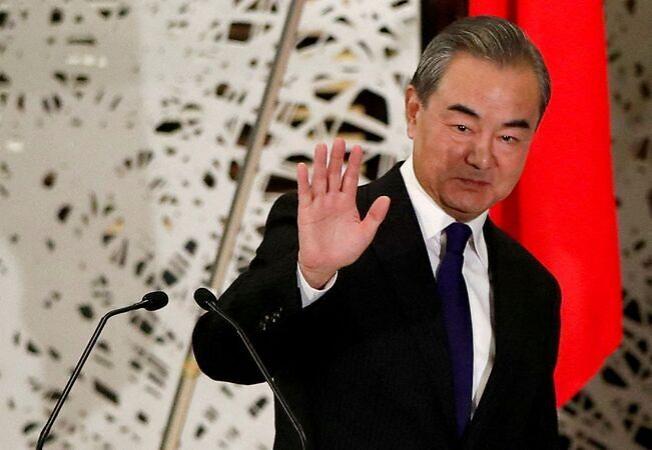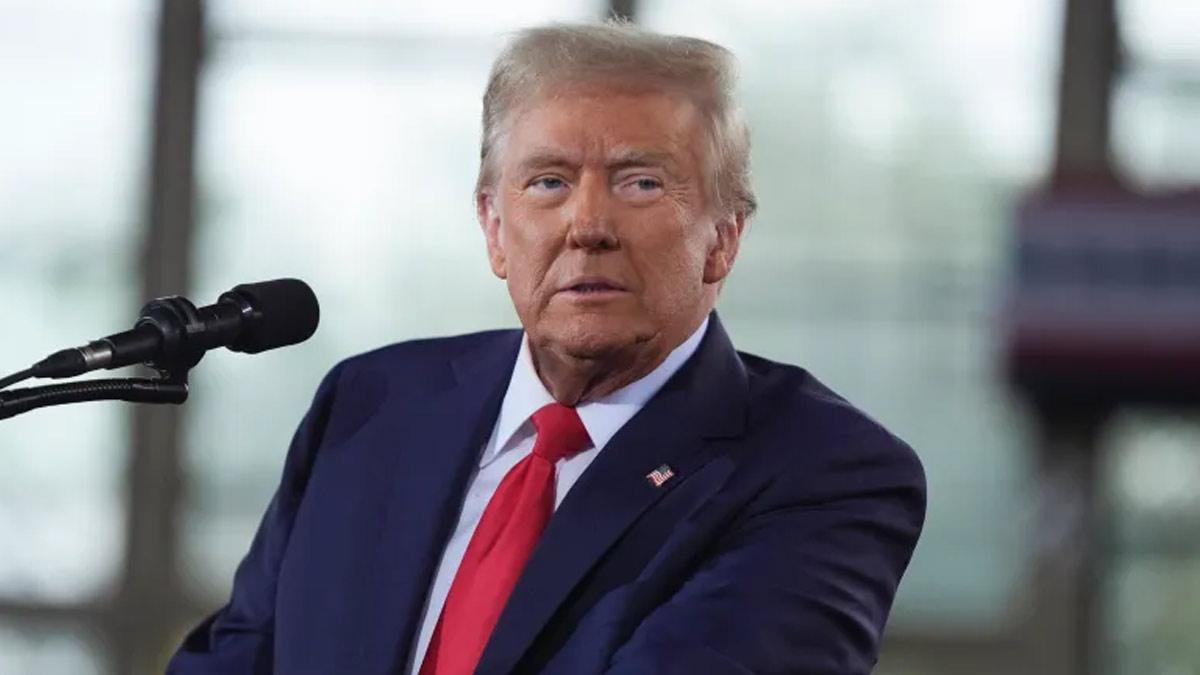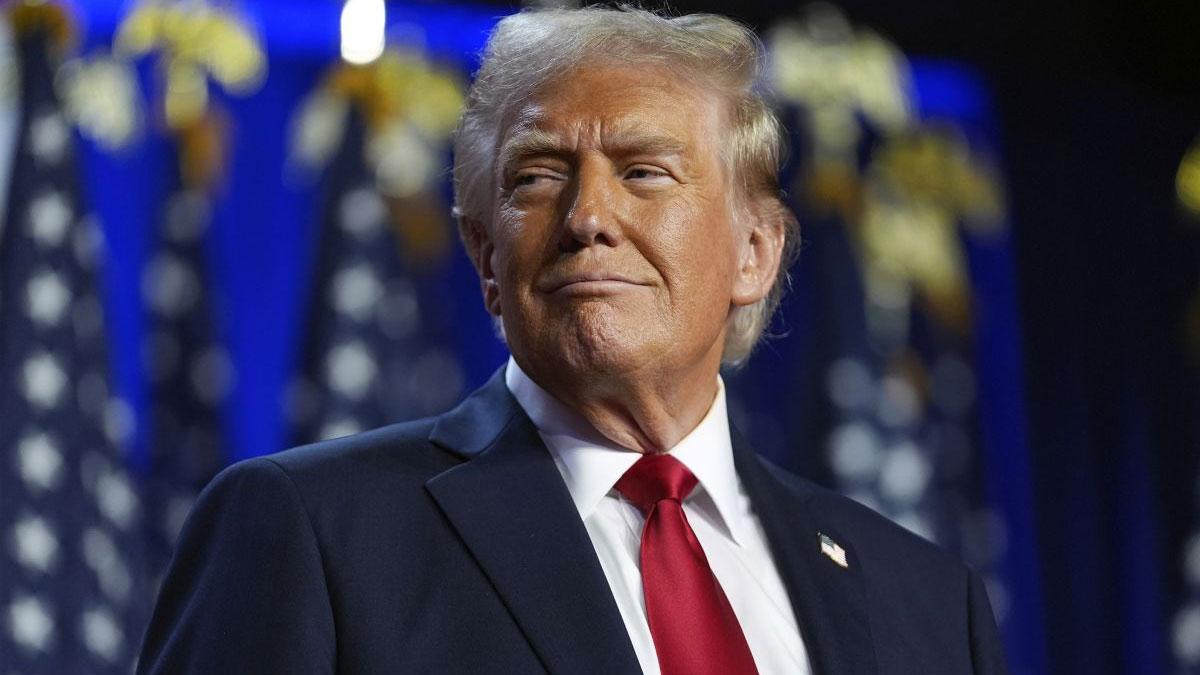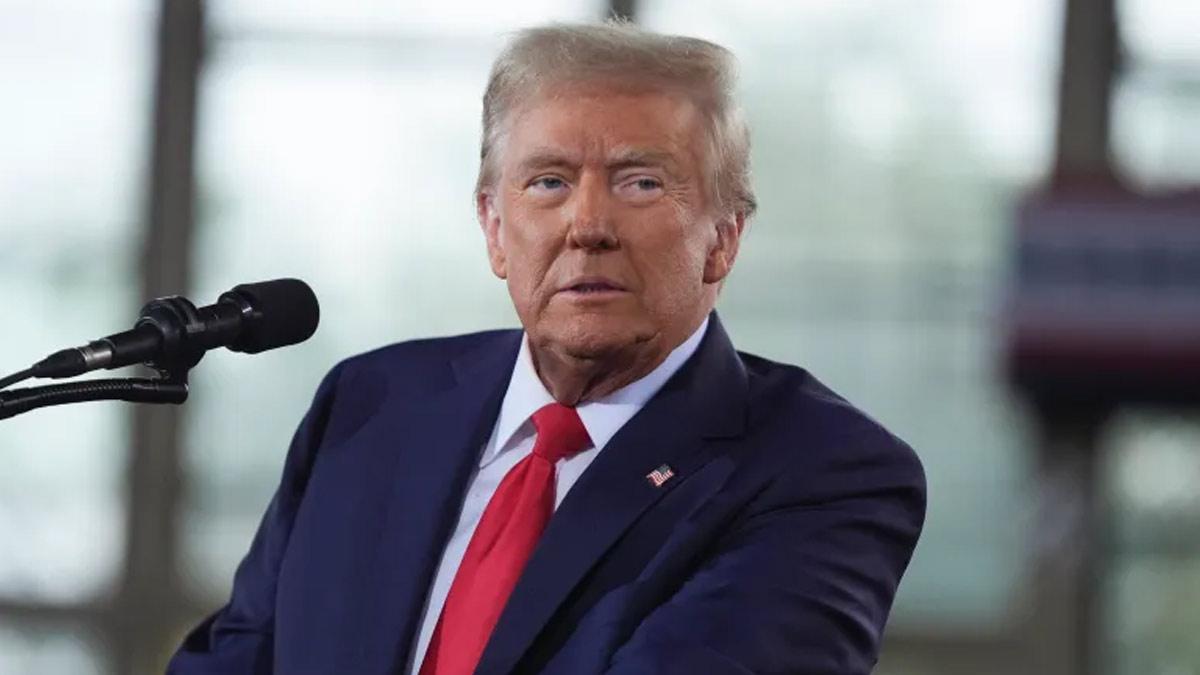Chinese foreign minister Wany Yi will reportedly visit India by the end of March. The dates of the trip are yet to be confirmed as the visit is yet to be finalized, as per media reports.
The Chinese and the Indian side are in contact with each other but the visit is yet to be finalized.
If the visit is confirmed, it will be a first trip for a high-level leader of the Chinese government to visit India since the 22-months old military tensions at the LAC, which began after a violent clash in the Pangong lake areas, peaked in June 2020 in the Galwan valley where 20 Indian soldiers were martyred following a violent confrontation triggered by China.
The visit is said to be part of FM Yi’s trip to the Indian subcontinent where he will be visiting Nepal, Bhutan, Bangladesh and Pakistan.
Also read| Political polarisation in Libya may lead to instability: UN official
India FM S. Jaishankar last met FM Yi on the sidelines of the SCO head of states meeting in September 2021 where he discussed complete disengagement of troops at the LAC.
FM YI last week said that New Delhi and Beijing must stop “draining each other’s energies” and work together to accomplish respective economic and social goals.
He made these remarks in context of heightened hostilities between the two countries due to military standoff at the LAC in easter Ladakh.
China’s Foreign Ministry spokesperson Zhao Lijian last week said that it hoped that Beijing and New Delhi will make significant progress to achieve settlement on the border issue which is acceptable to both the countries.
Also read| FAO chief economist warns of Ukraine conflict's toll on food security
In a recent report titled “Annual Threat Assessment of the US Intelligence community” compiled by the Office of the Director of National Intelligence, it cited the 2020 lethal Galwan clashes as a critical event which has strained the relations between the two nuclear armed neighbours.
“Previous standoffs have demonstrated that persistent low-level friction on the Line of Actual Control (LAC) has the potential to escalate swiftly,” the report said.


















